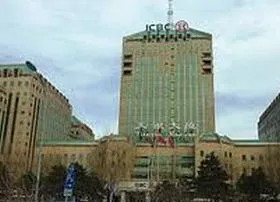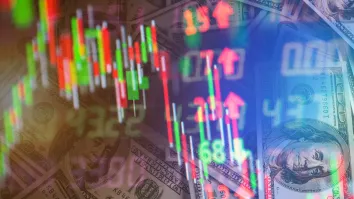
End of lending rate controls credit negative for Chinese banks
Impact will be felt more strongly by the Big Four.
Financial experts noted that shares of most Chinese banks fell in Shanghai on Monday after the People’s Bank of China ended controls on lending rates, driven by investor concern that the latest deregulation measure will erode lenders' margins.
Moody's Investors Service said the PBOC's action is credit negative for Chinese banks because it is another move towards interest rate deregulation that will narrow their net interest margins.
It admitted the scrapping of the lending rate floor provides a strong bargaining chip for borrowers to get cheaper funds, which is an important step in China's financial reforms.
Moody’s, however, also said that the move will have the largest impact on the Big Four state-owned banks, namely Industrial and Commercial Bank of China, China Construction Bank, Agricultural Bank of China and Bank of China, all of which have relatively large exposures to big state-owned enterprises that could negotiate lower lending rates.
JP Morgan said the removal of lending rate controls is a major step forward in interest rate liberalization, but it has a more symbolic meaning and the impact on bank behavior will be very limited. It pointed out that no bank in practice offers discounts close to 30% from the benchmark lending rate. It said only 11.4% of bank loans extended so far have a 10% discount rate.
Singapore-based United Overseas Bank the impact in the near term is likely to be limited, especially amid the current tight liquidity in the interbank market. It said 64% of loans in the first quarter were priced above the benchmark rate.



















 Advertise
Advertise











